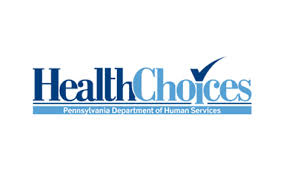SNAP Comments on Balance Billing Proposal
The Safety-Net Association of Pennsylvania has submitted comments to the Pennsylvania Insurance Department addressing that department’s proposed Balance Billing Protection Act.
 While supporting the concept of addressing the problem of surprise balance billing for insurance-covered medical services, SNAP encouraged the Insurance Department to consider the potential market-influenced conditions that may be leading to balance billing; to foster greater transparency and better communication between consumers, insurers, and providers; to avoid any methodology for resolving reimbursement disputes that favors insurers over providers; and to require hospitals to participate in reimbursement dispute resolution only when hospitals are part of that dispute and not when they are only the site at which the disputed services were delivered.
While supporting the concept of addressing the problem of surprise balance billing for insurance-covered medical services, SNAP encouraged the Insurance Department to consider the potential market-influenced conditions that may be leading to balance billing; to foster greater transparency and better communication between consumers, insurers, and providers; to avoid any methodology for resolving reimbursement disputes that favors insurers over providers; and to require hospitals to participate in reimbursement dispute resolution only when hospitals are part of that dispute and not when they are only the site at which the disputed services were delivered.
SNAP also encouraged the Insurance Department to involve the state’s Department of Health in addressing this issue; to seek greater public input; and to look to balance billing efforts elsewhere for guidance.
Find the Pennsylvania Insurance Department’s proposed Balance Billing Protection Act here and read SNAP’s comments on that proposal here.



